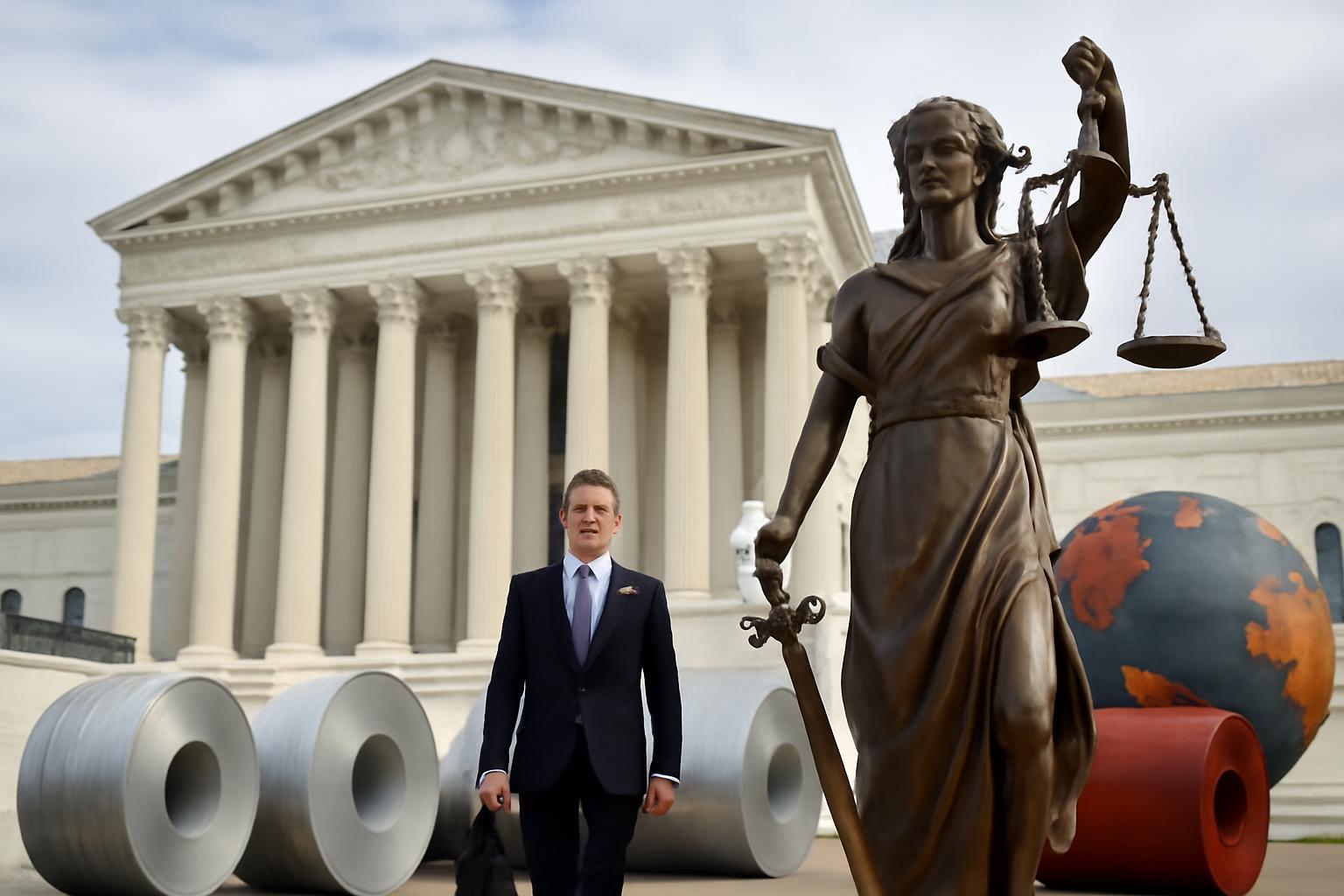A court in Washington, D.C. has held that a substantial portion of the tariffs imposed under a broad emergency statute were unlawful, while preserving sector-specific duties such as those on aluminum, steel, and autos. The judges argued that while emergency powers may be invoked in moments of danger, tariff authority is ultimately a matter for Congress, not the president to wield without constraint. The decision targets the sweeping, across-the-board tariffs issued in early April, yet leaves intact certain targeted duties. The administration vows to appeal to the Supreme Court to restore what it sees as presidential prerogative, and until mid-October the tariffs remain in effect to allow for possible review. The ruling injects uncertainty into the broader trade policy and ongoing litigation, with the EU continuing to implement agreements and pursue further reductions in exchange for concessions, even as other plaintiffs push ahead with challenges.
To these developments I bring what is forever the same lesson: the economy is not a machine to be turned on and off by the fiat of a single hand in moments of crisis. The law of commerce is a language spoken by countless minds in countless markets, a language that grows more precise as it evolves through the price system. When a government claims emergency authority to cartelize trade, it substitutes political calculation for the dispersed knowledge that markets marshal—knowledge that cannot be centralized without distorting the very signals by which prosperity is discovered and maintained. Tariffs are not merely tariff schedules; they are deliberate distortions of the price mechanism, transfers of wealth from consumers and users of imported inputs to protected producers, and a forcing house for rent-seeking rather than for productive competition.
The appeal to emergency powers represents a temptation—the easy, seductive path toward controlling outcomes in the interests of favored groups. Yet it corrode the rule of law and the predictable framework that makes exchange possible across borders and cultures. When a court reaffirms that tariff authority lies with the legislature, it is not a mere quarrel over procedure; it is a reaffirmation of a principle essential to liberty: that power to command the economy must be constrained by general rules, not by the discretion of a moment's crisis. The markets, with their capacity to reflect the knowledge of millions, require protection from the arbitrary, from the impression that policy can be recalibrated on a whim. The missile of protectionism may seem to shield certain industries in the short run, yet it dulls the long run sensitivity of the economy to price signals, investment incentives, and specialization—the very mechanisms by which scarce resources are allocated efficiently.
Internationally, the texture of liberal exchange cannot be sustained if one nation uses force to rewrite the terms of trade at will. The European Union’s ongoing efforts to negotiate and adjust reflect a recognition that mutual benefit arises not from unilateral decrees but from cooperative arrangements anchored in credible rules. That there remains litigation and strategic maneuvering is a reminder that the true test of trade policy is its capacity to harmonize national aims with a broader, peaceful order of exchange. The price of political discretion in this realm is paid not in abstract theory but in higher costs of living, slowed innovation, and diminished prospects for the countless individuals whose lives are touched by the daily act of buying and selling across borders.
If there is any enduring takeaway, it is this: the health of a free society’s economy rests on the limits of power, not its reach. Laws that remain stable, predictable, and generally applicable protect the dispersed knowledge intrinsic to economic life. The attempt to override those limits in the name of emergency duty is the very essence of planning—planning by officials rather than discovery by traders. The better path is a politics that respects the discipline of constitutional process, embraces the humility of the price system, and trusts the spontaneous order born from voluntary exchange. Only by preserving that order can we hope to maintain both the vitality of markets and the liberty of those who rely upon them.
